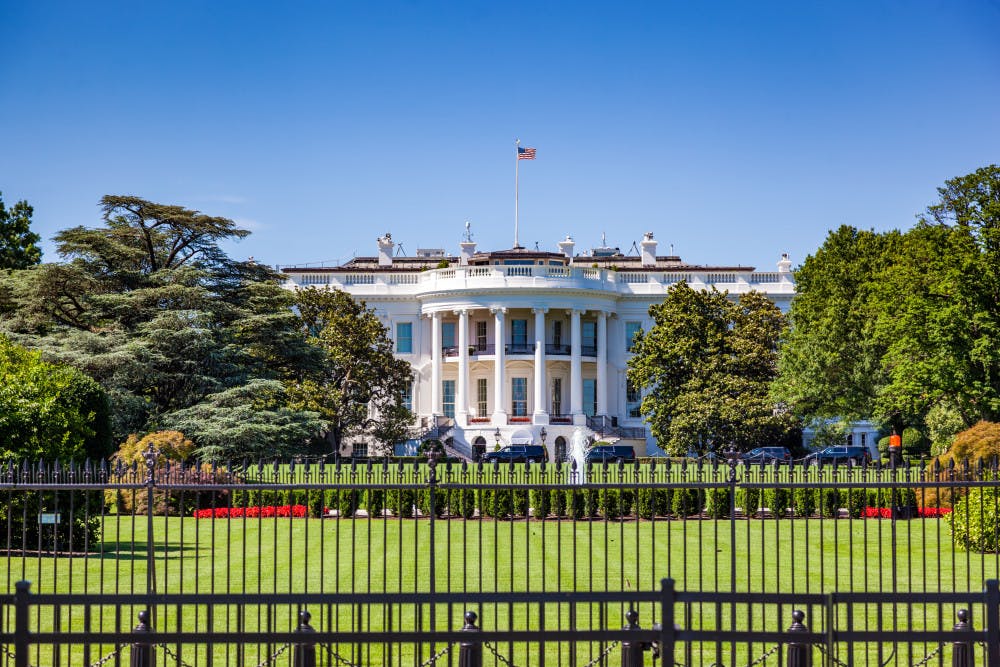By Anandita Mehta
Staff Writer
On Feb. 26, the House passed a resolution opposing President Donald Trump’s declaration of a national emergency in order to obtain funding for the construction of the border wall, CNN reported.
The resolution has 18 days from the date of its approval by the House for the Senate to vote on it, according to CNN.
The resolution was created to block the president’s use of $3.6 billion from the military construction fund. However, it does not stop him from using $2.4 billion from the Defense Department’s funds for the fight against illegal drugs, nor does it stop him from using $600 million from the Treasury Forfeiture Fund, according to The Wall Street Journal.
Congress already passed a bipartisan legislation in February to allocate $1.38 billion for border wall funds, The Wall Street Journal reported.
It needs a simple majority to pass, according to The Wall Street Journal, and the resolution is expected to be voted on before the week of March 18, Senate Majority Leader Mitch McConnell said.
In addition to the Senate Democrats, four Republican senators are needed to support the resolution in order for it to pass, according to CNN.
Sen. Rand Paul, R-Ky., said he will vote against the resolution, according to NPR.
Along with Paul, Sens. Susan Collins, R-Maine, Lisa Kurkowski, R-Alaska and Thom Tillis, R-N.C. will also oppose the president’s declaration of a national emergency, NPR reported.
Paul’s support of the resolution is unusual, as it represents a check on the president by a Republican-controlled Senate, according to The Wall Street Journal.
NPR reported that Paul has otherwise been Trump’s close ally, with the exception of the national emergency declaration, which also contributes to the significance of his move.
According to CNN, Paul explained that he believes it is dangerous to take away the system of checks and balances.
“‘I can’t vote to give the President the power to spend money that hasn’t been appropriated by Congress,’” Paul said, according to CNN.
Other Republican senators have also expressed their discomfort in allowing the president to use more money when he was already given funding by Congress last month, The Wall Street Journal reported.
The president has indicated he will veto the resolution if it is passed. Paul’s support indicates that the resolution could get through the Senate with bipartisan support and lead to Trump’s first veto, according to NPR.
Due to rules set in the National Emergencies Act of 1976, the vote for the resolution cannot be filibustered, NPR reported.







